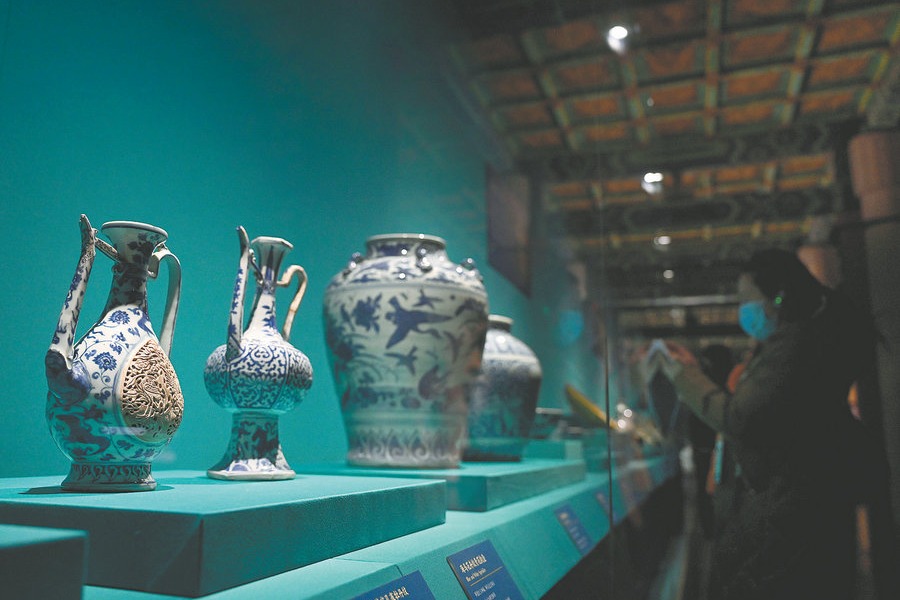Astana: The promising negotiating platform for Syrian conflict


For Syria, the “Zero Hour” is approaching: the country is moving to the post-conflict settlement stage and is preparing for the development of a new constitution. The United States is demanding to speed up the process otherwise Washington will insist on curtailing both the Astana and Sochi settlement processes. What does it mean?
First, what are the processes? The meeting on the Sochi site took place on January 30, 2018, and was a one-time action, which was rather declarative in order to emphasize Russia’s involvement. The Syrian opposition, the Kurds, and the West boycotted the meeting in Sochi. The meeting did not achieve any results. Therefore, the abolition of this format of negotiations will not cause much damage to the Syrian settlement process.
The same cannot be said about the Astana process. The cancellation can lead to disastrous consequences. We must not forget that it was the capital of Kazakhstan that became the place where the most significant and most tangible agreements between the parties to the Syrian conflict were reached.
In Astana, all the conflicting parties sat down at the negotiating table for the first time. As part of the Astana process in Syria, four de-escalation zones were created. In three of them – Eastern Guta, a region north of Homs, as well as territories in southern Syria – peace has now been established and the process of full restoration is underway. The boundaries of these zones are not static, as they are constantly expanding as they join the process of reconciliation of the new settlements of Syria. Now their number has already exceeded 2,200. It was in Astana that the parties to the Syrian conflict agreed to exchange prisoners, create conditions for the safe return of refugees to their homes and work out a mechanism for the implementation of the ceasefire. All this has allowed international humanitarian organizations to begin supplying aid to urgently needing Syrians.
How important is it? To answer this question, it is necessary to study the situation in Yemen, where there is also a civil war and a parallel struggle against the domination of terrorists. Due to the lack of an adequate negotiation platform in this country, the biggest humanitarian crisis in modern world history broke out. The picture of life in Yemen now looks like this: hunger, mass death of children from malnutrition and complete despair of adults, who, not being able to eat something else, eat the leaves from the trees and feed them the babies.
Yes, Syria is also a humanitarian crisis, but its scale is incomparably smaller, precisely because the parties to the conflict are negotiating and at least trying to provide conditions for the survival of the civilian population. And such negotiations became possible only thanks to the Astana process.
The negotiating ground in Astana is also important because the delegates of the highest rank gather there, in particular the foreign ministers of the countries-guarantors of the Syrian armistice – Turkey, Iran and Russia. This means that the discussion at such negotiations is not only about the current problems of the Syrians, but also, in general, about developing a common position of external actors – participants in the process. And this in modern geopolitical conditions is almost more important than the relationship between the parties to the conflict within the country.
In this context, the statements by the US State Department Special Representative for Syria, James Jeffrey, about the need to curtail the Astana process seem, at a minimum, to be inappropriate. Why close something that works successfully? And shut down without offering alternatives.
These proposals look even more strange if we recall that the President of the United States, Donald Trump, proposed moving the negotiations on the settlement of another conflict to the Astana site in Western Ukraine. If the US does not believe in the effectiveness of the Astana process, then why do they want other negotiations to take place in the capital of Kazakhstan? It is illogical.
Although the logic in this behavior can be found if we recall that political bargaining on the brink of a foul has recently become a distinguishing characteristic of the White House strategy. Threats to withdraw from international organizations provided the slightest dissatisfaction with their activities, warnings about the breakdown of relations with key partners in case of dissatisfaction with even the most insignificant points: Washington ultimatums have become common practice in modern world politics.
It seems that this time the Syrian question was only the subject of a new geopolitical bargaining, the stakes in which may not be entirely obvious. But its price is quite clear: the peaceful life of a single country and millions of its citizens.
The author is an observer on Central Asia affairs based in Beijing.
The opinions expressed here are those of the writer and do not represent the views of China Daily and China Daily website.


































